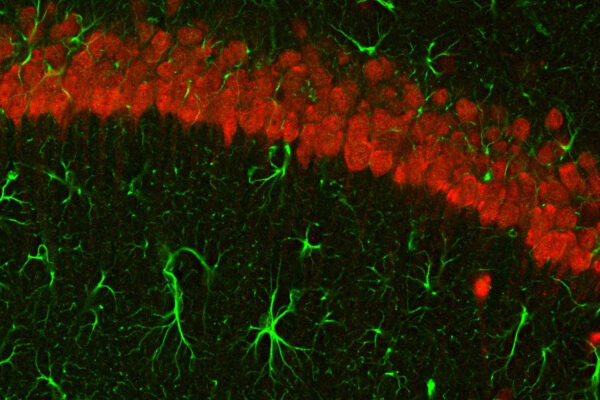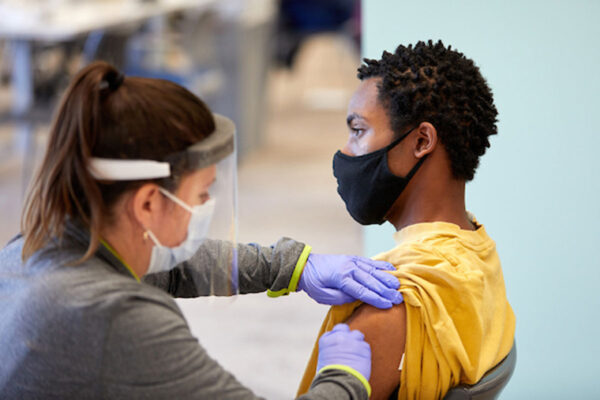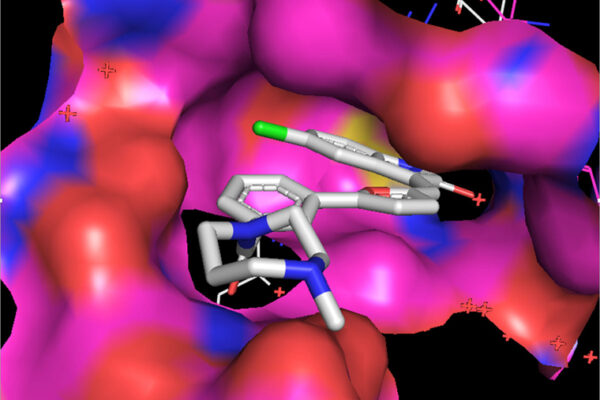Vaccine booster clinics offered for faculty, staff
The university will offer Pfizer COVID-19 vaccine booster clinics for faculty and staff beginning Monday, Jan. 10, at the Athletic Complex lobby on the Danforth Campus. The clinics will be open to all university faculty and staff by appointment only.
Li receives Whitehall grant
The Whitehall Foundation has awarded a three-year $225,000 grant to Tristan Qingyun Li, assistant professor at the School of Medicine, to investigate the function of microglia, immune cells that reside in the brain and perform myriad critical functions.
Four neuroscience faculty members receive R01 grants
Four faculty members in the Department of Neuroscience at the School of Medicine — Yao Chen, Thomas Papouin, Jason Yi and Guoyan Zhao — have been awarded their first R01 grants through the National Institutes of Health (NIH).
Yi appointed to Angelman Syndrome Foundation scientific advisory board
Jason Yi, assistant professor of neuroscience at the School of Medicine, has joined the scientific advisory board of the Angelman Syndrome Foundation.
Rustenhoven named finalist for neurobiological research award
Justin Rustenhoven, a postdoctoral researcher at Washington University School of Medicine, has been named a finalist for the Eppendorf & Science Prize for Neurobiology.
Goodhill awarded grant to advance brain imaging
Geoffrey Goodhill, professor of developmental biology and neuroscience at the School of Medicine, has received a two-year $675,000 National Institutes of Health (NIH) grant to enhance the capabilities of light field microscopy for brain imaging.
Call for honorary degree nominations
Members of the Washington University community are encouraged to nominate honorary degree candidates for the May 2023 Commencement. The deadline is Feb. 1.
Faculty Achievement Award nominations sought
Nominations are being accepted for Washington University’s annual Faculty Achievement Awards, known as the Arthur Holly Compton Faculty Achievement Award and the Carl and Gerty Cori Faculty Achievement Award. The nomination deadline is Feb. 11.
What makes an mRNA vaccine so effective against severe COVID-19?
A new study by researchers at Washington University School of Medicine and St. Jude Children’s Research Hospital helps explain why mRNA vaccines have been so successful at preventing severe disease.
Grants fund drug development for devastating tropical diseases
Researchers at Washington University School of Medicine are working to develop new treatments for two types of devastating parasitic infections common in sub-Saharan Africa and Central and South America: river blindness and intestinal worm infections.
View More Stories







